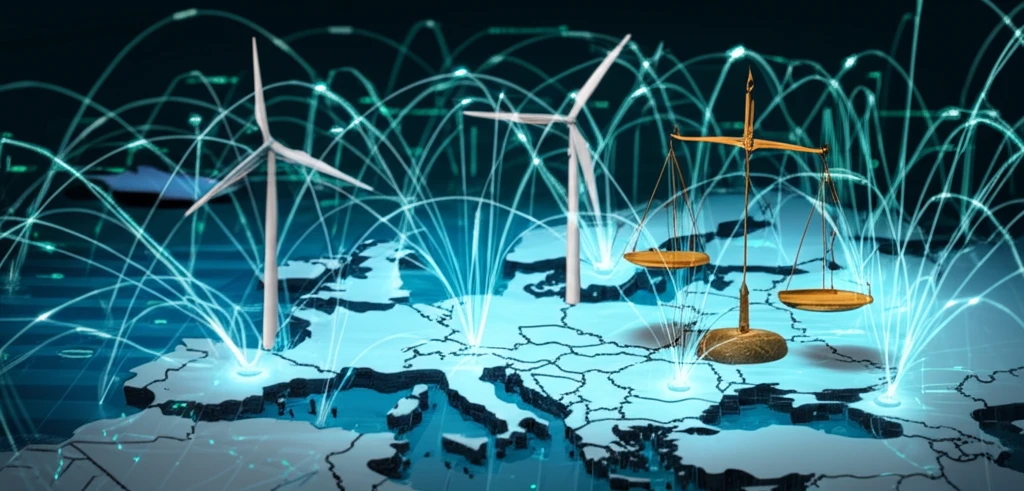
Decoding European Law: Navigating Complexity in a Changing World
"A Comprehensive Review of Key Legal Concepts and Contemporary Challenges in European Law"
European Law is a multifaceted field, constantly evolving to address new challenges and reflect changing societal values. Understanding its complexities is crucial for anyone involved in international relations, business, or policy-making. This article delves into key areas of European Law, offering insights into its foundational principles and contemporary applications.
From the interpretation of treaties to the regulation of data and management of global risks, we'll explore the legal concepts that underpin the European Union's legal framework. We aim to simplify these complex topics, making them accessible to a broad audience, including those with a general interest in law, politics, and international affairs.
This analysis draws from a recent edition of the European Law Journal, providing a contextual review of critical issues and offering a lens through which to understand the ongoing developments and debates within the European legal landscape.
Treaty Interpretation: Who Really Owns European Law?

The question of who 'owns' the Treaties—the foundational documents of the European Union—is not just academic; it strikes at the heart of the EU's legal and political identity. The article "Does the Court of Justice own the Treaties? Interpretative pluralism as a solution to over-constitutionalisation" explores the concept of interpretative pluralism as a way to balance the powers of the Court of Justice with the sovereignty of member states.
- Decentralized Authority: Distributing interpretative power can prevent the Court from becoming overly dominant, which respects national sovereignty.
- Dynamic Interpretation: Different perspectives can lead to a more nuanced and adaptive understanding of the Treaties, keeping them relevant.
- Checks and Balances: A pluralistic approach creates a system of checks and balances, reducing the risk of judicial overreach.
The Future of European Law
European Law continues to evolve, shaped by internal dynamics and external pressures. From navigating the complexities of treaty interpretation to addressing contemporary challenges like data protection and global risk regulation, the EU's legal framework is crucial for maintaining stability and promoting cooperation. By understanding the key concepts and ongoing debates, we can better appreciate the role of law in shaping the future of Europe and the world.
